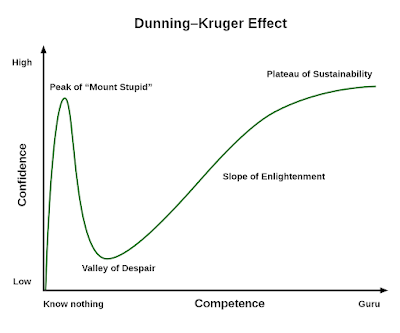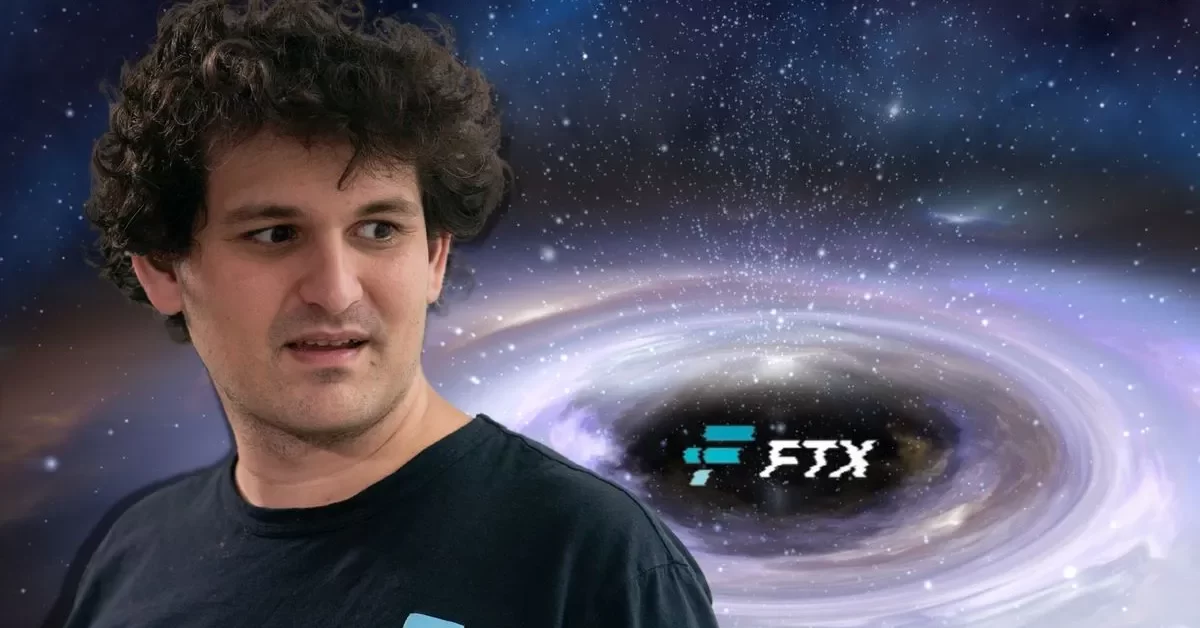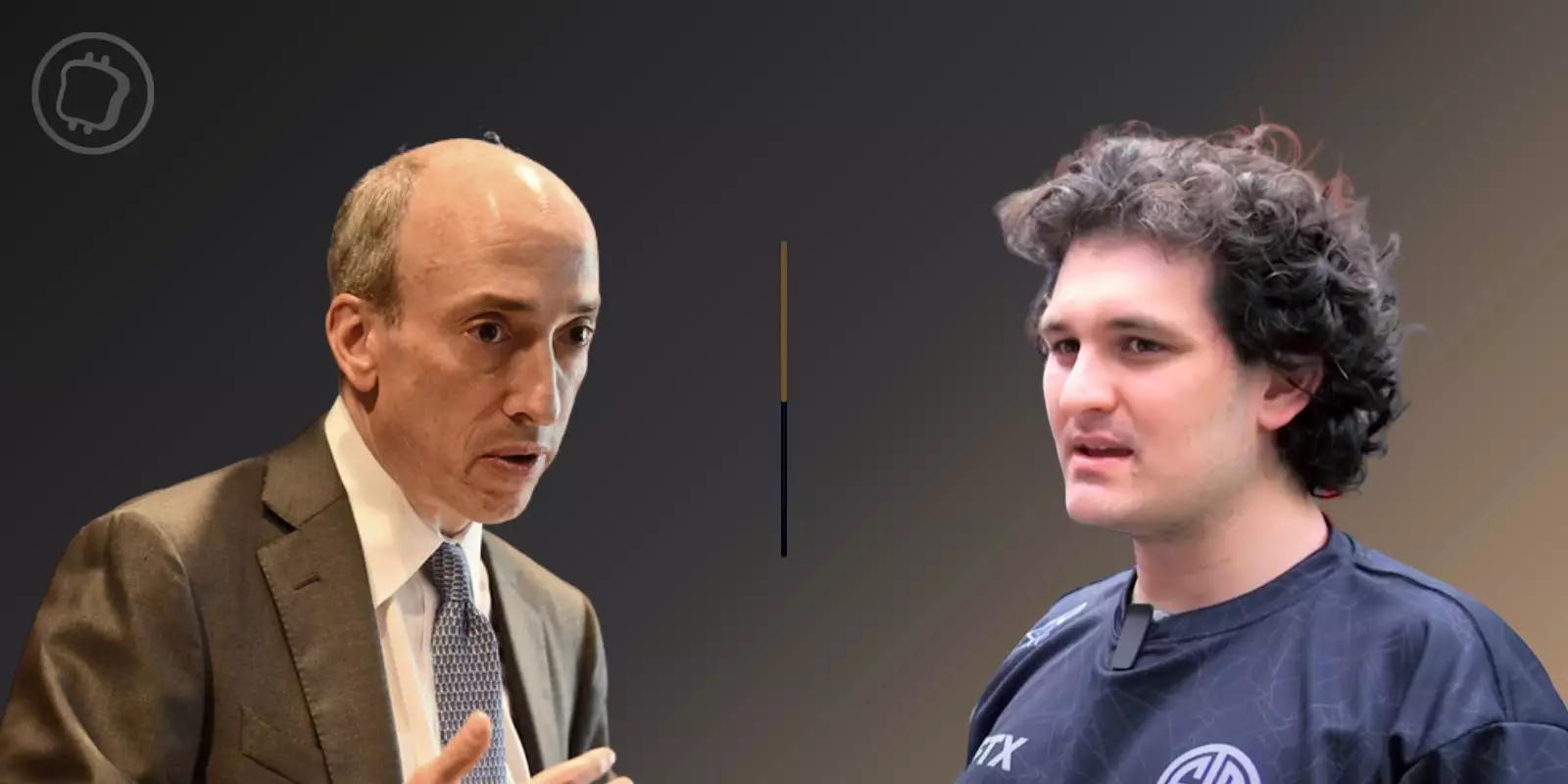Why do we have inflation? "Oh, it's Biden's stimulus." Well, no. False. False. First of all, it's Biden-Trump's stimulus. Second of all, forget stimulus. Forget that, that's easy. You raise rates, done. Demand gone. The problem is, we have this plethora of idiosyncratic supply problems that seem idiosyncratic; they seem separate from each other. But actually there are a cacophony of evidence that's telling you that we have completely dismantled the well-functioning, well-oiled machine. Supply chain, just-in-time, all this stuff. And why did we do it? We decided that global warming was going to kill us tomorrow. Not in 10 or 100 years. No, no, tomorrow. So we need to deal with it right now. And the problem with that is what we've done is we've starved fossil fuel industry of capital. We've turned off the capex tap at the same time that we didn't turn off the demand tap. Like we're not all driving Teslas. Sorry. Some of us drive F150s. So the problem with that is that we have an energy crisis, which is of our own making. We have a supply chain crisis because five years ago we all thought China was cool; now we all think China is going to kill us. So now we have to also fight a war with China tomorrow, we have to solve climate change tomorrow, and then finally, of course, Covid... disruptions also created supply chain problems.
~ Marko Papic,
interview with Dan Ferris,
Stansberry Investor Hour, 37:50 mark, October 31, 2022






















